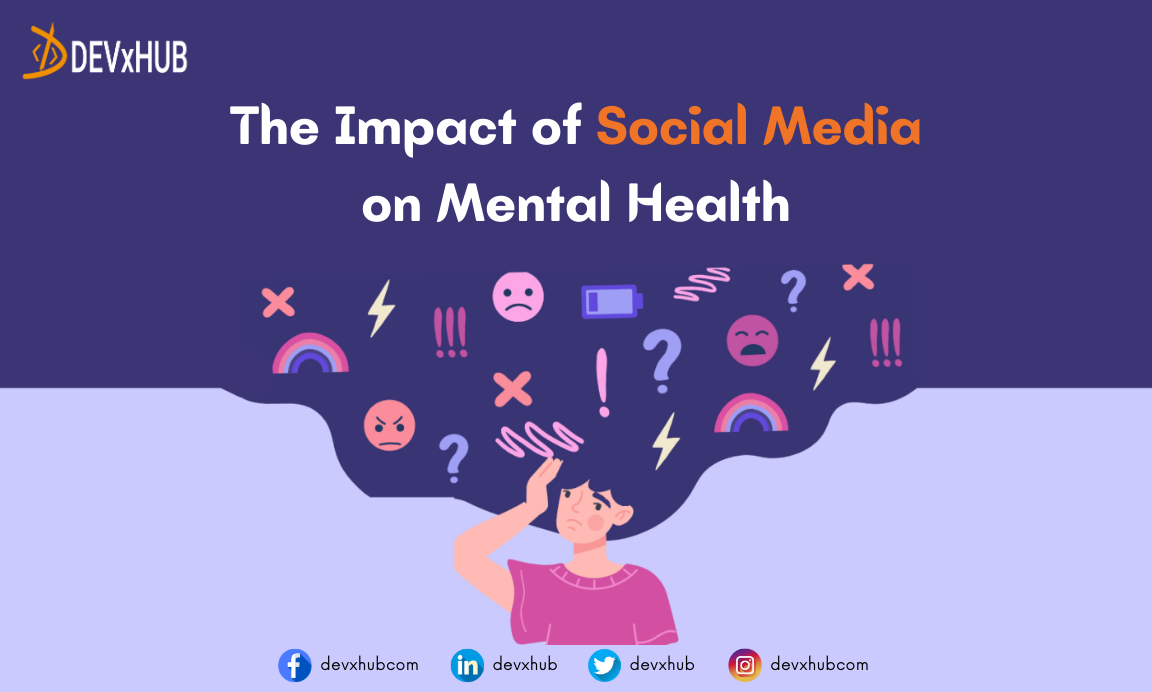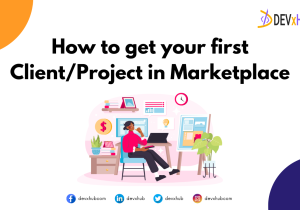Blog - The Impact of Social Media on Mental Health: Navigating the Digital Landscape Blog Introduction
Social media has become an integral part of our everyday lives. We use it to connect with friends and family, stay updated with the world’s latest events, and even find inspiration for our next vacation or home-cooked meal. But with all the good social media offers, there’s also a downside. The constant comparison and fear of missing out can lead to anxiety, depression, and other mental health issues.
In this blog post, we’ll explore the impact of social media on mental health. We’ll also provide tips on how to navigate the digital landscape, so you can enjoy the benefits of social media without compromising your mental well-being.
Social Media and Self-Esteem
We all want to present the best versions of ourselves on social media. However, this often leads to comparisons that can negatively affect our self-esteem. Scrolling through photos of perfect bodies, luxurious vacations, and expensive dinners may leave us feeling inadequate, leading to feelings of anxiety and depression.
According to a study conducted by the Royal Society for Public Health (RSPH), Instagram was found to be the most toxic social media platform, with young people feeling pressure to attain unrealistic standards of beauty and perfection. So, it’s essential to be aware of the negative impact of social media on our self-esteem and take steps to counteract it.
To prevent a negative impact on your self-esteem, try limiting your time on social media, and curate your feed to include only positive and uplifting content. Remember, social media is meant to be a highlight reel, so the things people post aren’t an accurate representation of their lives as a whole.
Social Media and Anxiety
Another impact of social media on mental health is anxiety. Social media provides a constant stream of information, much of which can be distressing and trigger anxiety. Not only that, but social media can also create a sense of urgency and panic, causing us to feel like we need to be constantly connected to our devices.
To avoid falling into the trap of social media-induced anxiety, take regular breaks from your phone and limit your time on social media. Create a schedule for checking your accounts, so you won’t feel like you’re missing out. Also, keep an eye on your mental and emotional state. If you find yourself feeling anxious or stressed out, take a step back and practice some relaxation techniques, such as meditation or breathing exercises.
Social Media and Depression
Depression is another mental health issue that social media can trigger. Studies have linked excessive social media use to an increase in depressive symptoms. Scrolling through friends’ happy photos and successful posts can leave us feeling hopeless and powerless.
To avoid feelings of depression from social media, focus on the positive aspects of social media like connecting with loved ones and forming new relationships. Also, limit your social media use, especially if you’re already experiencing symptoms of depression. Seek professional help if you feel like you may be struggling with clinical depression.
Social Media Addiction
Social media addiction is a real issue in today’s world. Whether it’s checking your phone first thing in the morning or feeling the need to document every moment on Instagram, social media can quickly take over our lives. Social media addiction can lead to poor mental health and detrimental consequences in our personal lives and work lives.
To break free from a social media addiction, try setting boundaries for yourself. Limit your social media usage to one or two times a day, and gradually reduce your time spent on the platform. It’s also helpful to delete social media apps from your phone, so you’re not tempted to check your accounts constantly.
Conclusion:
Social media can be a great way to connect with people all around the world. However, it’s essential to be aware of the negative impact it can have on our mental health. By taking steps to navigate the digital landscape and manage our social media use, we can enjoy the benefits of social media while safeguarding our mental well-being. Remember, social media is just a tool, and it’s up to us to use it wisely.
Related Posts
Categories
- App Development (2)
- Design (2)
- DEVxHUB (30)
- Digital Marketing (2)
- Guide (24)
- It Bangladesh (1)
- Logo design (1)
- Operating system (1)
- Personal Improvement (14)
- Planning (4)
- Project management (3)
- Social media (2)
- Software Development (5)
- Software Quality Assurance (8)
- Startups (1)
- Team work (1)
- UI UX (1)
- Web Development (6)
Main Tags
- 2024
- Android
- app development
- bangladesh
- content writing
- design
- devxhub
- Digital marketing
- Guide
- IOS
- It
- logo design
- Operating system
- Personal Improvement
- planning
- project management
- social media
- Software Development
- Software Quality Assurance
- software testing
- software testing types
- Startups
- Success
- team
- UI UX
- UI UX design
- VR
- Web Development















